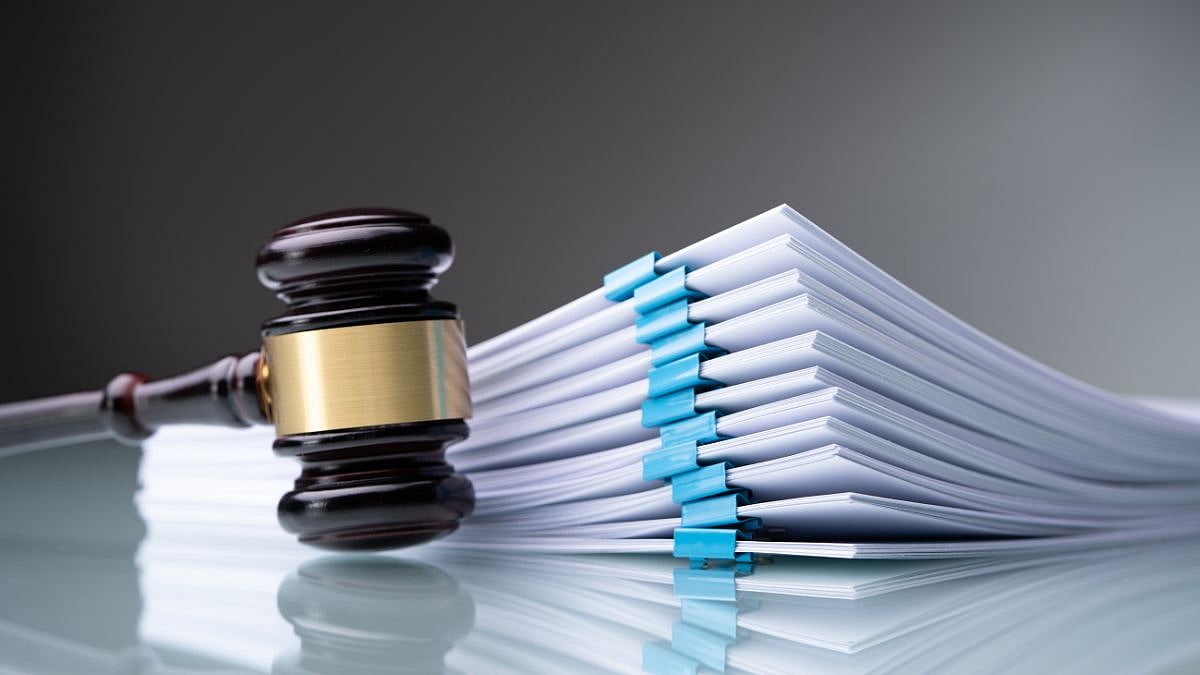Delhi High Court Raises Concern Over SSC Directive Restricting Discussion of Exam Question Papers
The Delhi High Court has expressed serious concern over a recent directive issued by the Staff Selection Commission (SSC) that prohibits candidates from discussing, analysing, or sharing question papers of conducted exams on social media. The Court termed such restrictions as potential “gag orders.”
HC Bench Critiques SSC Directive
A bench comprising Chief Justice DK Upadhyay and Justice Tushar Rao Gedela raised the issue while hearing a petition filed by Vikas Kumar Mishra, which challenged the SSC’s notification dated September 8, 2025. The court observed, “After coming out of the exam hall, the first thing that we used to do was… what is this? How is this being prohibited in the notification? You can’t put such gag orders…you can’t discuss the paper?”, as reported by Law Trend.
The bench has issued notices to the Centre and SSC, directing them to submit their responses ahead of the next hearing scheduled for December 17, 2025.
Petition Challenges SSC’s Action
According to a report by Hindustan Times, the plea argues that the SSC directive is “illegal, arbitrary, and perverse.” It claims that the notification violates candidates’ and the public’s right to freedom of speech under Article 19(1)(a) of the Constitution of India.
The petition further states that the notification imposes “unreasonable restrictions” on post-exam discussions and therefore should be quashed.
SSC’s Stand: Protecting Exam Integrity
Last month, the SSC cautioned candidates against sharing or posting question papers on social media under the Public Examinations (Prevention of Unfair Means) Act, 2024 (PEA Act, 2024). The commission highlighted cases where candidates and content creators shared examination material, which they assert constitutes “unfair means.”
Key Provisions Under the PEA Act, 2024
- Section 3: Prohibits leakage, access, possession, or sharing of exam papers without proper authority.
- Section 9: Declares all offences cognisable, non-bailable, and non-compoundable.
- Section 10: Prescribes strict punishments including:
– Individuals: 3 to 5 years imprisonment plus a fine of ₹10 lakh.
– Institutions/Service Providers: Fine up to ₹1 crore plus disqualification from exams.
– Organised crime: 5 to 10 years imprisonment plus fine equal to or exceeding ₹1 crore.
The SSC stressed that any transgression will attract immediate legal action. It urged candidates, content creators, and social media platforms to refrain from posting or analysing question papers to maintain the integrity of examinations.
Student Reaction and Controversy
The SSC directive has drawn criticism from aspirants on social media. Many argue that these restrictions limit discussion of exam strategies, peer learning, and transparency in the examination process.
Some candidates have expressed concerns that banning post-exam discussions may affect their ability to learn from shared experiences, which are crucial for preparation and improvement.
As the Delhi High Court seeks responses from the Centre and SSC, the coming hearings are being closely watched by students, educators, and legal experts alike.

Be First to Comment